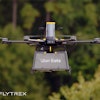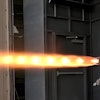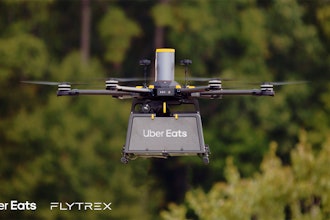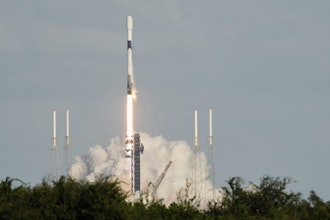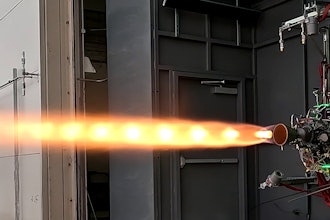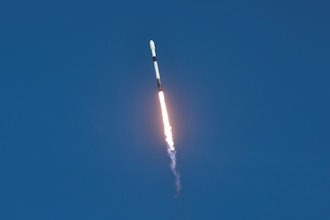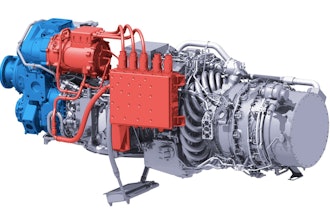Demand for air travel has increased by 5% so far in 2019, but there’s a problem: airlines can’t keep up, and much of the blame falls squarely on Boeing, whose problems with its 737 Max 8 model have resulted in the grounding of 387 planes since a second deadly crash of the model in March.
Airlines are struggling with a few things. For one, they’re delayed. Two, they’re clamoring to lease planes to fill the gaps, but competing with every other Boeing customer, meaning lease rates are skyrocketing. And what’s worse is that shortages of rental 737s mean the newer models are in such high demand that one aerospace consultant told CNBC that, right now, they’re “like gold dust.”
The situation, then, has led to an interesting trend: airlines are leasing older and older planes. And, according to CNBC, there’s even been airline use of the 737-200 model, which Boeing stopped producing in 1988, but first took flight in 1967. That’s right -- planes so old they might still have cigarette burns.
And while the older models of the 737 can’t touch the fuel efficiency of something like the Max, airlines are making do in order to avoid disruption as much as possible … and a fix for the Max can’t come fast enough.
According to a new report from Forbes, these hundreds of grounded jets have become a storage and maintenance challenge for airlines, who are working day-to-day to protect them from insects and corrosion, along with the effects of just sitting there unused. Not to mention, as the likelihood increases that these jets will remain grounded into fall and winter, cold weather could pose a big problem: Forbes cites a Boeing 737 maintenance manual, which notes that “tires of planes that are parked for long periods of time can freeze to the tarmac during subzero weather."

